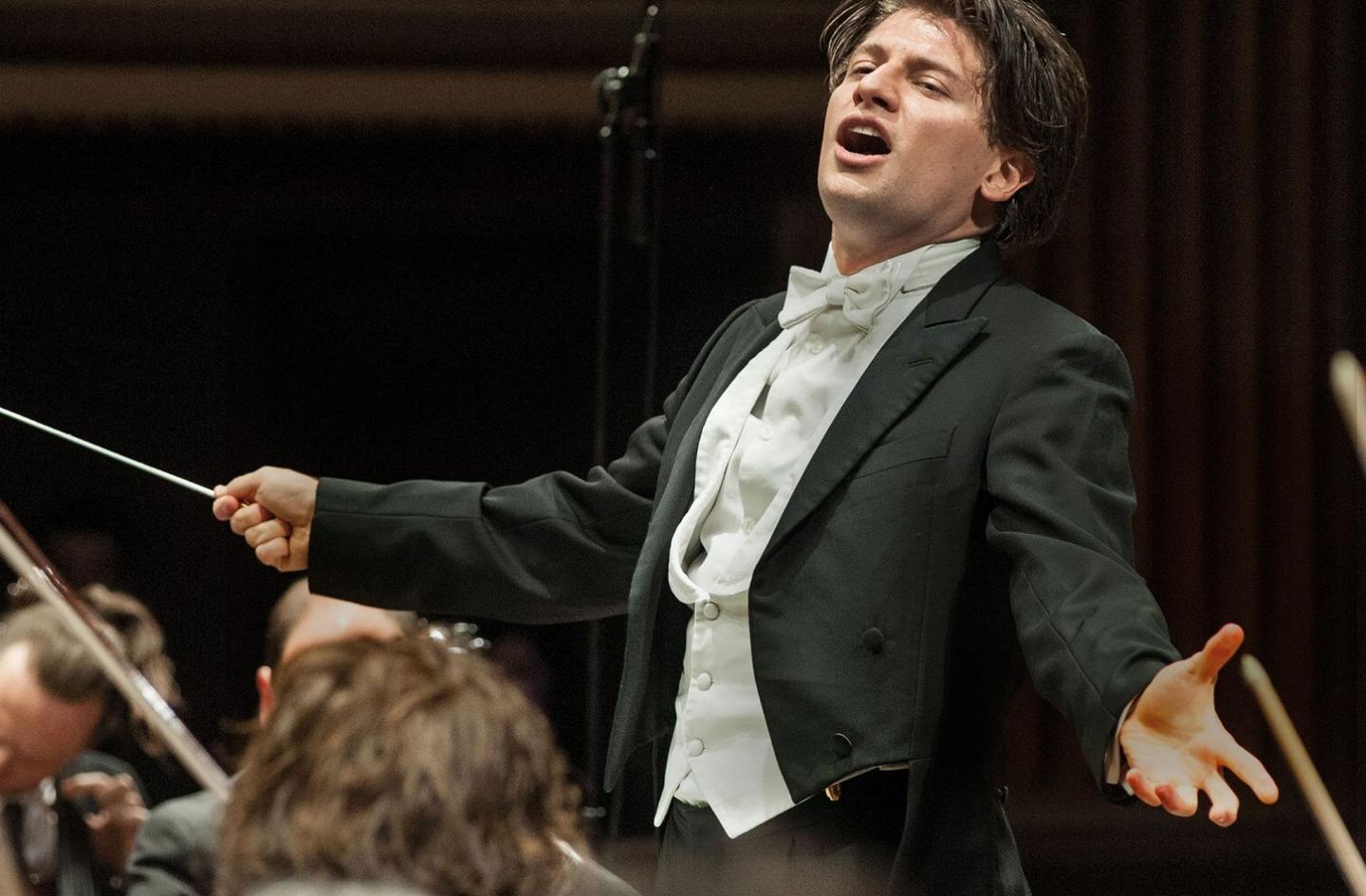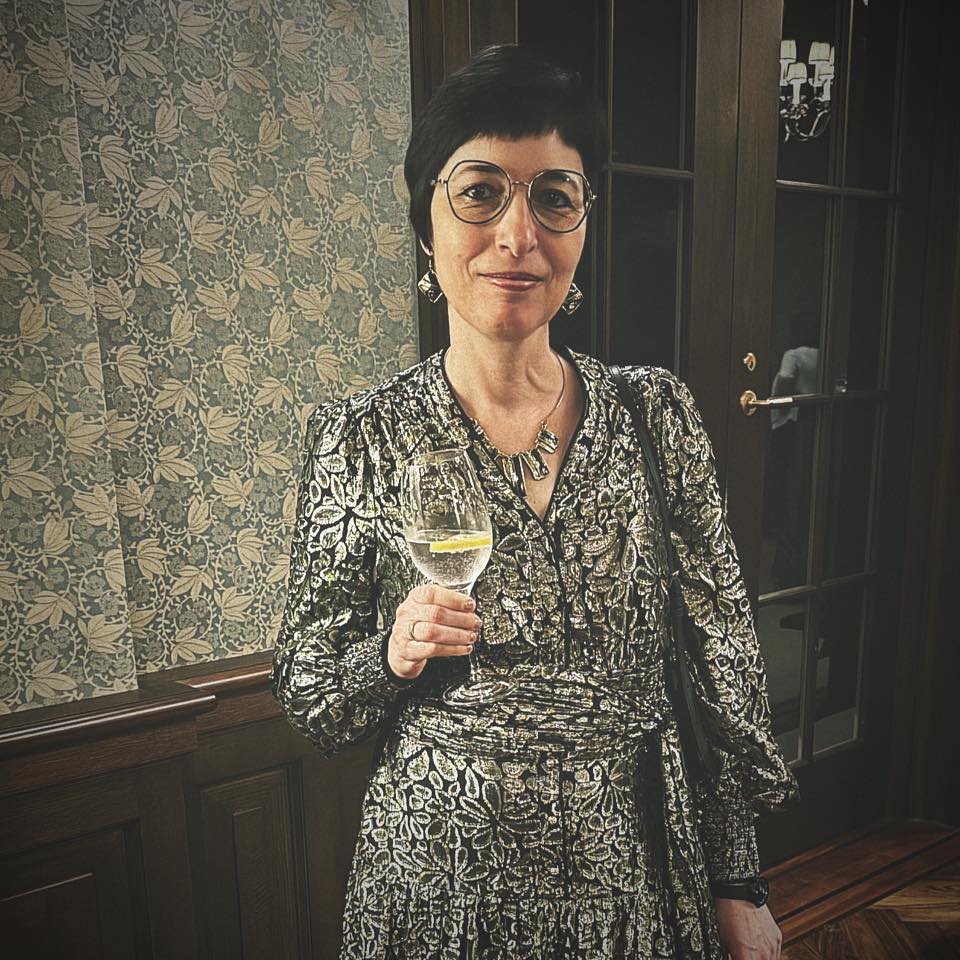I have seen the dress rehearsal, and it works. Shame about the pianists…
mainIain Bell is awaiting the Vienna world premiere of his opera, A Harlot’s Progress. Episode 4: The kid in a candy store
I have a question for you:
What do you call a composer who is so high with adrenaline having watched the first dress-rehearsal of his opera that he will most likely be unable to sleep for days?
Answer: anything you like, he is too excited to give a damn!
Yup. Just home having watched said rehearsal and my giddy little fingers are having even more trouble than normal typing correctly on my iPhone such is my sheer joy! I had long been told by many throughout this rehearsal period that once lights, props, costumes and sets are in place the piece takes on a completely different identity. I nodded to these well-wishers/advice-givers politely but thought they were being friendly and maybe ever so slightly melodramatic. How wrong could I have been…
I had intentionally gone out of my way to avoid the cast members as they were having their costume meetings/fittings in the previous weeks as I wanted the first time I saw them (on stage) to have its full, unadulterated impact. Well this worked, but in no way did I expect there to be SUCH a powerful symbiosis as all these on-stage factors exponentially complimented one another before my eyes.
The cast, who had up to that moment been performing in mufti or approximations of their costumes, were now inhabiting their characters utterly. Wearing this new clobber altered their gait, their posture, the way they gesticulate and much more besides, intensifying their portrayals immeasurably. I know what you’re thinking; all these observations are ridiculously obvious, it IS opera after all. You are right. But when these are characters who have solely existed in your head until five weeks previously, to watch them incarnate with a whole vocabulary (nay, dictionary) of idiosyncratic body language and a wardrobe to rival many a ‘Real Housewife of Beverly Hills’ is completely overwhelming. I had to fight the temptation to rush the stage just to be amongst it all. Fear not, I remained in my seat throughout!
There was the smallest tinge of melancholy to this evening’s run through as it was the final time the pianos were in the pit to accompany the singers as from tomorrow onwards we work solely with the orchestra. The pianists throughout the past five weeks have been Joyce Fieldsend and Raphael Schluesselberg and knowing this would be the last time they would be our ‘orchestra’ was a little sad. Though they remain with us in rehearsals, their role now moves into a different phase, focusing more on listening and taking notes from the auditorium, coaching the singers and liaising with the conductor to ensure the orchestra/singing balance is appropriate, I feel moved to know that I won’t be enjoying their collective ivory tinkling any longer. They have both been a great source of advice and support for me during these past few weeks.
My reaction to today’s goings-on has confirmed to me on an even deeper level that opera is without question the path I must continue to follow if I’m permitted, and as yet I haven’t heard a single note of the orchestra…that comes tomorrow.
I have a feeling sleep will be low on the list of priorities during the coming days!






The end of the caption to this article is somewhat misleading. I thought the composer must not have been happy with the pianists until after reading the entire article: Quite the contrary!
Hals und Beinbruch, Ian. And, of course, visit Demel’s!
And Café Diglas (my personal favourite in Vienna)!
Hope it all goes well. What Joyce and Raphael are doing is what repetiteurs do all the time yet it’s wonderful that someone has actually taken time out to acknowledge their contribution. They are pretty much the only people involved in the creative process on stage who don’t take a bow at the premiere (stage director, lighting, costumes, set designer, dramaturg, chorus master and conductor are all there, but not those who’ve provided all the musical accompaniment, stylistic and musical corrections and language coaching since the beginning). The last time I conducted a production in France a few years back, I made a point of inviting the ‘chef de chant’ on stage for a bow. But it’s not a job for those hungry for fame, recognition or wealth. You have to love what you do and just get on with it, as you also have no union to get $400,000 pa for you, either (see Slipped Disc’s recent Carnegie Hall threads if that doesn’t make sense). I know Joyce; she is highly reputed in the business.
The repetiteurs’ last notes are played at the piano dress/Klavierhauptprobe/whateveryouwanttocallit before they transfer to the auditorium to take notes and give feedback to the conductor during the stage and orchestra rehearsals. Their farewell from the stage invariably goes unnoticed by those involved as everyone has more than half an eye on the arrival of the orchestra the next day. It’s a shame. As the French say, ‘You leave by the little door’. Still, as I mentioned earlier, no repetiteur who loves their profession does it for the acclaim…
a beautiful and very personal account of the piano dress and thanks, Iain, for mentioning Joyce and Raphael. Indeed they have done a marvelous job and continue to do so now in the auditorium helping with balancing and giving notes to the singers about precision, intonation, balance, diction, etc. With Joyce we have one of the most highly regarded artists in this field in the team and I am very grateful that she accepted the invitation to come, yet once again, to Vienna for a production at Theater an der Wien. we wouldn’t have gotten this far in the production without her.
The orchestra sounds very colourful and exciting, too. Tomorrow pre-dress rehearsal – let’s keep our fingers crossed!
Very glad you can be here to accompany the process so closely, too – it will never be the same with all the other numerous operas the world will now be expecting from you after this!
Bravo, Joyce and Raphael!
Schluesselberg is a young conductor to watch – I saw his Figaro in Nîmes last year with Nicolas Rivenq in a beautiful and very aesthetic production (design: Jean Paul Gaultier) and was very impressed. The type of young conductor you would also want to hear with a Schubert or late Mozart symphony.
I like Nicolas Rivenq; he’s an elegant performer. His mother is English, so I suppose it goes without saying…